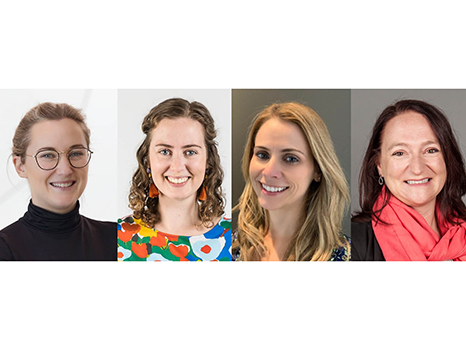Search

The Wal-yan Centre’s Annual Reports highlight the achievements of our researchers, which bring us closer to our vision to ensure that all children have healthy lungs for life.

Phage WA have a number of projects underway and these cover a broad range of phage research areas.

News & Events
Introducing our inaugural Illuminate Award recipientsWe are excited to announce the winners of our inaugural Illuminate Awards

Identifying pediatric lung disease: A comparison of forced oscillation technique outcomes Abstract Rationale Increasing evidence suggests the forced

Changing Prevalence of Lower Airway Infections in Young Children with Cystic Fibrosis Aspergillus is a type of fungus that is found everywhere in
The Health Promotion and Education Research Program, led by Head Professor Donna Cross, combines over 14+ years of cyber safety research, involving over 30 projects investigating young people’s online behaviours, totalling over $5 million in funding since 2007.
Cyberbullying is when an individual or a group repeatedly uses Information and Communication Technologies (ICT) to intentionally fear, distress, or harm to another person, who finds it hard to stop it from happening.

News & Events
National study to assess impact of social media ban on families and kidsA unique national study to examine the impact of the Federal Government’s social media ban on families is being undertaken by The Kids Research Institute Australia, in collaboration The University of Western Australia and Edith Cowan University.
Research
Current post-tonsillectomy analgesia practices among Australian and New Zealand anesthetists, and opinions on non-opioid alternativesChildren experience significant pain following extracapsular tonsillectomy surgery, and while opioids are often prescribed to treat this, clinicians may be wary of their adverse side effects, leading to variation in practice. There is a need for improved post-tonsillectomy pain management in children.
Research
Big data in global health: Improving health in low- and middle-income countriesOver the last decade, a massive increase in data collection and analysis has occurred in many fields.
